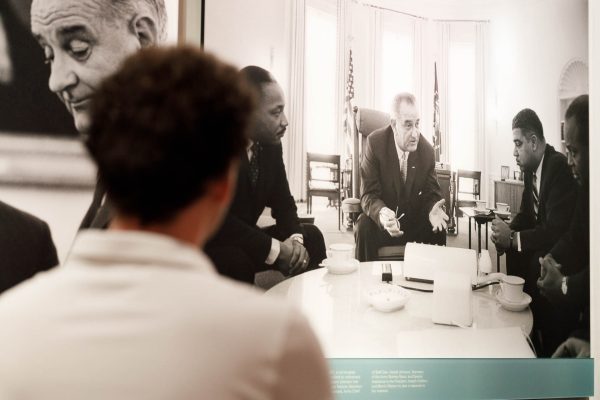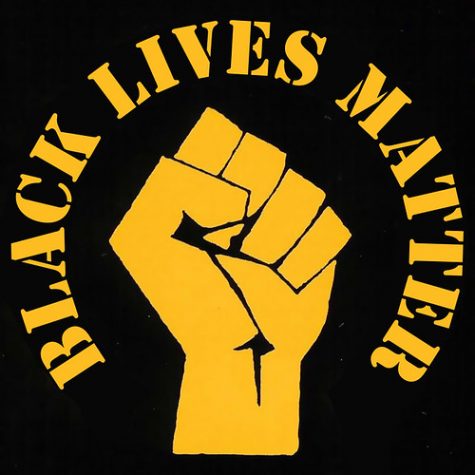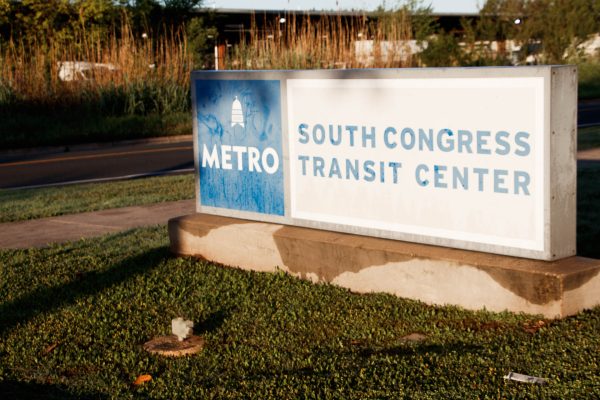PRINT ONLY Martinez, Almanza and Riley offer what other candidates cannot
Every week the editorial board reflects on a current issue in Our View. The position taken does not reflect the opinions of everyone on the Hilltop Views staff.
This week, the editorial staff is endorsing candidates for mayor and city council members for Districts three and nine. Early voting opened up Oct. 20 and will end Oct. 31. Election day is Nov. 4. We encourage all students to vote.
Mayor
Mike Martinez is the best candidate running to be the mayor of Austin.
Martinez’s stances on issues like the environment, affordable housing and economic equality demonstrate his competence to improve Austin’s community.
“If you look at my policy record, it reflects ensuring that the policy decisions we make encompass everyone in our community,” Martinez said in a Hilltop Views interview.
As an Austin City Council Member since 2006, Martinez has a history of supporting city activity that ultimately benefits all Austinites.
In the past, Martinez has promoted diverse culture in Austin, sought to improve Austinites’ qualities of life and worked to improve conditions for the working class, according to his biography on Austintexas.gov.
“I would like to continue my service to the citizens and continue to be the strongest champion for working-class families that I have been my entire time in (city council) office,” Martinez said in a Hilltop Views interview when asked why he is running for mayor.
In regard to student issues like employment after graduation, Martinez addressed the growing population of Austin, causing a competition for jobs.
“One hundred and fifty people every single day move to Austin… What we have to do as a mayor and council is make sure that we can handle that growth, that the economy stays strong and that we continue having the jobs that are necessary,” Martinez said in a Hilltop Views interview.
If elected, Martinez will “refocus Austin’s economic programs” to support small and local businesses, which make up a large percent of Austin’s workforce, according to Martinez’s campaign site. To do this, Martinez will provide “training and funding assistance” and will cut bureaucratic red tape.
Martinez also plans to work toward a more affordable life in the city.
“We need to ensure that when our citizens are facing financial challenges at home, City Hall shares those challenges and is focused on keeping city services lean, efficient and productive,” Martinez’s campaign site reads.
District 3
The most competent candidate for Austin City Council District 3, the district in which St. Edward’s University is located, is Susana Almanza.
Almanza promises to address some of Austin’s most pressing issues, like the negative effects of the city’s wild population growth; inadequate public education; a lack of jobs for college students; the hindered accessibility to public transportation; and a minimum wage that doesn’t provide for a good quality of life.
If elected, Almanza will fight for affordable housing through “rehabilitation, new construction, tax exemptions and expanded opportunities for home ownership,” according to her campaign website.
Furthermore, she will work to improve the quality and safety of affordable housing, two aspects that are often overlooked when drafting solutions to Austin’s lack of housing.
As for education, Almanza promotes close partnerships between the city and local schools, a necessary relationship for the improvement of public schools. She emphasizes the importance of tutoring, homework assistance and funding for early childhood education.
Beyond education for younger students, Almanza plans to aid college students as well.
“(College) students need jobs and funds to pay their debts,” Almanza said in Hilltop Views last week. “I will work for the creation of a Citywide Youth Employment/Internship Office to provide outreach for employment opportunities.”
In response to limited access to public transportation, Almanza plans to fight for “improvements to roadways, pedestrian pathways, traffic signals, sidewalks and sheltered bus stops,” according to her campaign site.
She also wants to secure affordable transit prices, which will benefit all Austin residents, some of who may not be able to afford high transportation costs because they earn low wages.
Almanza’s campaign website also outlines her plans to raise the minimum wage to $15 per hour, which will improve the working-class Austinite’s quality of life.
Each of Almanza’s proposed plans for Austin will benefit district 3 tremendously.
They are unique because they do not directly support any one party. Instead, her stances suggest that Austin needs to undergo major changes — regardless of party lines.
Almanza, who is non-partisan, plans to improve the city for the sake of its residents, not so that a certain party will benefit.
Thus, voters can rest assured that by voting for Almanza, they are not supporting a party’s selfish battle for political power. Instead, they are addressing the concerns of Austin residents, which is the city council’s purpose.
District 9
From the aged Snowden case to the newer attacks on the lack of video of Supreme Court cases, transparency has been an issue for the government. That is why Chris Riley of Austin’s District 9 should be elected.
Many St. Edward’s students live in District 9; Riley’s leadership will benefit them in many ways, including making Austin’s government more transparent.
Riley does have plans for making the government more reliable and relatable, but his website has already made him transparent. It takes two clicks to discover the dominant reason for voting for someone: their stances on issues. Two clicks gets a person to the issue, what Chris Riley believes, what he has done for the issue on the Austin City Council and what he will do if re-elected. There is no fancy language and no beating around a bush. Riley can be blunt because he practices his ideals.
One instance is Riley’s stance on transportation. Austin is America’s fastest growing city, according to Forbes. People need to get places and cars are no longer the fastest way to make that happen. Riley understands this and has put transportation reform and infrastructure improvements on his 10-point platform for reelection.
How can you know he’s sincere about something that sounds too good to be true?
Riley bikes to work and does not own a car, so alternative transportation benefits him as much as you. He has previously tried to persuade members of the Austin City Council to consider adding more bike lanes and bike-friendly policies, according to the Austin American Statesman. He was even endorsed by Bike Austin, according to his campaign.
“Chris Riley for District Council 9, a positive, progressive leader,” Riley’s campaign slogan says.
Austin is a growing city with growing needs. Progressivism is not a cure, but it is a hope to work on those needs. Chris Riley’s hope is to grow Austin into a stable and economically bustling place without weeding out less wealthy homeowners.







![According to a 1993 archive from Congressional Quarterly Almanac, “[Judge] Ginsburg was known as a restrained and fair-minded judge who did her homework and then some.” She was “considered moderate to conservative on criminal issues and business law,” relatively progressive “on issues such as free speech, religious freedom and separation of church and states,” and more liberal on “civil rights and access to the courts.”](https://www.hilltopviewsonline.com/wp-content/uploads/2020/10/VP-4RBG_CC-by-WFULawSchool-475x317.jpg)





